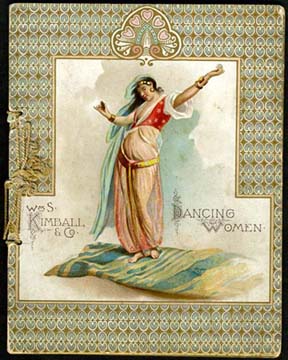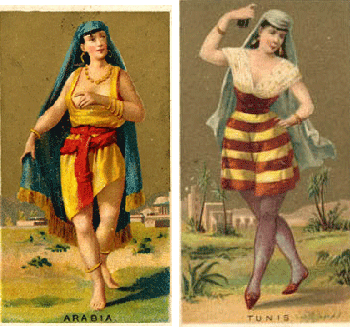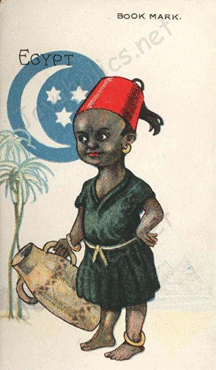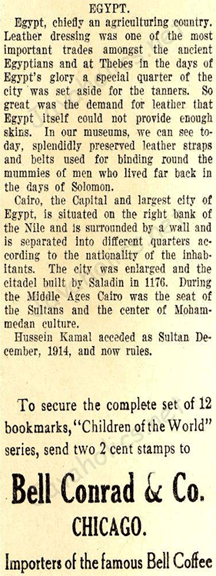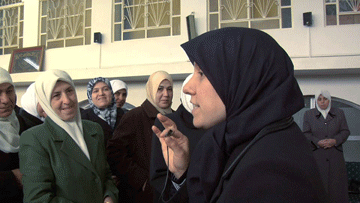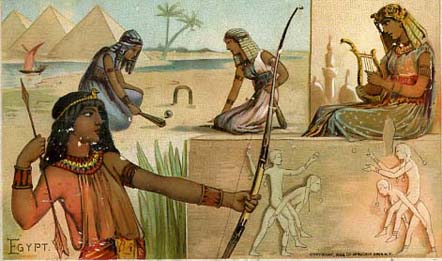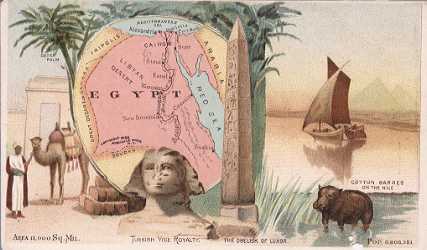
Atef Botros’s Kafka Study
A Jewish Writer from the Arab Perspective
Franz Kafka (1883-1924)
by Julian Tangermann, Qantara, June, 2010
Passionate literary criticism? Is this possible? As an academic discipline it is forbidden from emotion or passion. Nevertheless in Atef Botros’s Kafka, ein jüdischer Schriftsteller aus arabischer Sicht (Kafka, a Jewish writer, from the Arab perspective) this question is posed anew.
His well-founded, comprehensive critical analysis of Kafka’s reception in the Arab world closes with a passionate appeal for freedom in the Middle East. This does not, however, impair the academic rigour of the work in the slightest. In fact, his concerned, incisive view of the Middle East conflict and his excellent literary criticism feed off each other and make this work what it is.
The bulk of the book is concerned with the analysis of Kafka’s reception in the Arab world from 1939 to the present day; with how Kafka’s works have been understood and interpreted over the last seventy years in Arab countries and cultures. It posits three phases of responses to Kafka during this period, which are all examined according to their social, intellectual and literary implications. Continue reading Kafka, Egyptian Style

